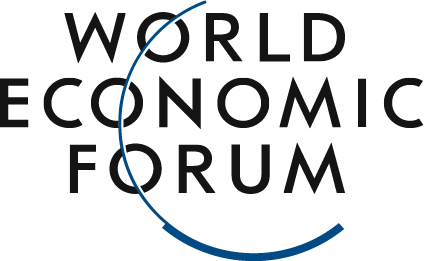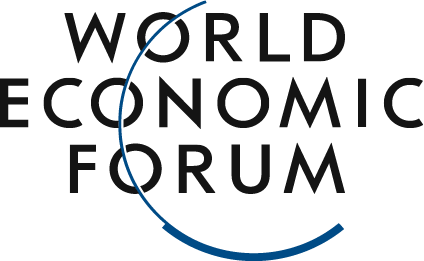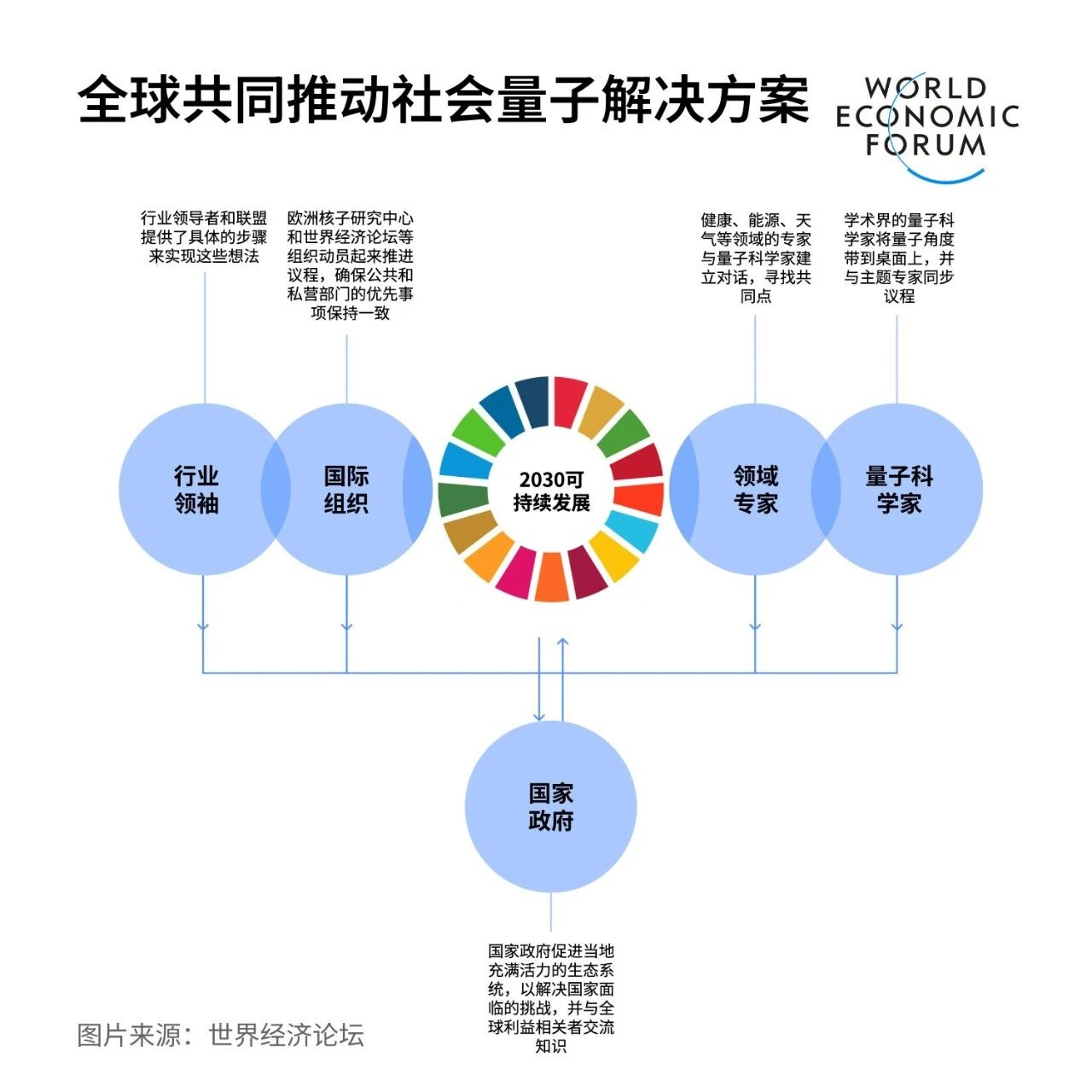Image source:Amy Hirschi/Unsplash
Sun Lei
Chief Marketing Officer of Yixian Group
This year, on International Women's Day (March 8), the UN Global Compact launched in Beijing the report titled "Women at Work: Chinese Companies Driving Gender Equality in Action—Guidelines and Best Practices for Advancing Environmental, Social, and Governance Initiatives to Achieve the Sustainable Development Goals during the Second Half of the 2030 Agenda." At the launch event, nearly 100 representatives gathered to discuss the achievements and insights of Chinese enterprises in promoting gender equality, fostering inclusive workplaces, and integrating ESG principles and practices into their operations. As a core issue within the ESG framework—encompassing Environment, Social, and Governance—gender equality is increasingly gaining attention from leading global companies, as well as ESG organizations and institutions worldwide.
The World Economic Forum's "Global Gender Gap Report 2023" highlights that while global progress has been made toward gender parity in labor-force participation, significant and deeply entrenched gender disparities persist in the labor market. Survey data reveals that in 2023, women accounted for 41.9% of the workforce, yet they held only 32.2% of senior leadership positions.In the real workplace, women still face multiple challenges, which also place new demands on companies as they strive to create diverse and inclusive work environments for women.Rising Women in the Workplace: Forging Ahead Amid ChallengesIn today’s pursuit of diversified development, women are injecting fresh energy and value into various sectors of society with their exceptional capabilities and unique perspectives—demonstrating a growing "she power" that is increasingly evident in the workplace. According to McKinsey’s 2023 special report, "Half the Sky in a New Era: The Current State and Future Prospects of Gender Equality in China’s Workplace," China boasts the largest number of working women globally, with an employment rate of 44.8%, surpassing the global average of 39.3% and placing the country among the world’s leaders—roughly on par with advanced economies like the U.S. and Sweden.China's female employment rate ranks among the highest globally, highlighting remarkable progress for women in the workplace and providing a strong foundation for advancing gender equality in society. However, this does not mean that women have yet achieved true equality in the workforce—numerous persistent barriers continue to stand in their way.Marriage, childbirth, and age remain the two major factors hindering women’s career advancement. According to the "2023 China Women in the Workplace Survey Report" released by Zhaopin Recruitment, 61.1% of women were asked about their marital and parental status during job searches—far higher than the 21.5% reported by men. Moreover, over 90% of working women have experienced workplace inequality, nearly double the rate among their male counterparts. Notably, nearly 60% of women attribute workplace gender disparities directly to motherhood, viewing "childbearing as an unavoidable burden for women." Additionally, when it comes to "promotion"—a key pathway for realizing personal career aspirations—only 5.2% of women feel "certain they’ll be promoted," while just 13.8% believe there’s a "good chance" of advancing. These findings underscore the significant challenges women continue to face in climbing the corporate ladder.This clearly shows that the new generation of working women has already moved beyond traditional gender stereotypes, confidently embracing resilience and delivering outstanding performance to powerfully shape "half the sky" in the workplace. Yet, we must also recognize clearly that whether women can truly break through the "glass ceiling" at work and achieve more sustainable career growth ultimately depends on whether companies deeply understand the value of female professionals—and actively take steps to foster a workplace culture that champions gender equality.Gender Equality in the Workplace: A Key to Building Strong BusinessesIn the corporate ESG framework of social responsibility, gender equality is recognized as an indispensable factor and has become a key evaluation metric in major institutions' ESG rating systems. It directly influences a company’s reputation, overall performance, and even the well-being of its employees.
A joint research report titled "The Rise of Women Leaders: Insights into the Workplace Realities of Female Executives in China," published in March 2023 by top consulting firms Bain & Company and Spencer Stuart, highlights that gender equality is positively correlated with financial performance and market outcomes. Moreover, female leaders’ empathy and unique personal experiences enable them to make more informed business decisions, ultimately driving stronger company performance and enhancing market recognition.
Additionally, female leaders are particularly well-positioned to champion a company’s sustainability initiatives and help organizations achieve their ESG goals. This underscores that when businesses fully invest in women, they not only empower women to unlock their full potential but also enable them to transform personal or family experiences into valuable workplace strengths—ultimately fostering greater innovation and giving companies a competitive edge in the marketplace.Therefore, gender equality in the workplace has become one of the core competitive advantages for businesses pursuing sustainable growth. As Michele Parmelee, Global Deputy CEO and Chief People & Purpose Officer at Deloitte, noted when launching "Women in the Workplace: A Global Outlook" in 2021: "Only companies that prioritize embedding diversity, equity, and inclusion into their internal policies and culture will be better equipped to demonstrate greater resilience in the face of future disruptive challenges." From a corporate governance perspective, fostering gender equality in the workplace across multiple dimensions—and safeguarding women’s well-being—are critical steps in building a truly resilient and high-performing organization.How Businesses Empower WomenThis year’s International Women’s Day theme, "Invest in Women: Accelerate Progress," underscores the urgent need and critical importance of investing in women—empowering them and ensuring equal opportunities is essential for speeding up progress across society as a whole. Increasingly, Chinese companies are stepping up to champion gender equality and improve the workplace environment for women, adopting a multi-faceted approach that includes refining corporate policies and enhancing employee benefits to truly unlock women’s potential.Many companies have announced measures and initiatives aimed at further promoting women's career development, including guidelines that prohibit asking female candidates about marriage or childbearing during interviews. Additionally, female applicants are no longer required to disclose personal details such as age or marital status on their resumes. Meanwhile, some brands are calling on businesses to implement "period leave policies," enabling female employees who experience menstrual pain to manage their work and rest more effectively—and fostering a workplace that’s warmer and more inclusive for everyone.This year, on International Women's Day, Yatsen Group, the parent company of Perfect Diary, officially launched its "Women-Friendly Workplace Program," aiming to create a diverse, inclusive, and equitable work environment across three key areas: health care, comprehensive benefits, and opportunities for future growth.These companies, in establishing and refining their workplace support systems for women, have all done so with a deep understanding of the value that female employees bring. Recognizing the importance of diversity, equity, and inclusion (DEI) not only as core values but also as a strategic business advantage, they integrate equal opportunity into their corporate growth strategies and talent development plans. By viewing support for women’s career advancement as an "investment" rather than a mere "expense," these organizations are effectively driving the growth and success of women in the workplace.Currently, women make up 45% of Yixian Group's management team, reflecting not only that female employees at Yixian Group have already secured their place in the workplace but are increasingly taking on leadership roles—and demonstrating a growing, undeniable influence.Women’s potential is limitless, and their creativity knows no bounds. That’s why we must strive to create a supportive environment where every female employee can fully unlock her talents and realize her true value. By fostering greater awareness of women’s worth and building robust support systems, companies can cultivate a workplace that is genuinely welcoming and empowering for women in every way. This not only accelerates women’s career growth and fuels the rise of “her power” in the workplace but also aligns with the long-term sustainability of businesses—making it a crucial pathway to elevating an organization’s talent landscape.
The above content represents the author's personal views only.Feel free to share this on WeChat Moments; please leave a comment below the post if you’d like to republish.
Editor: Wang Can
The World Economic Forum is an independent and neutral platform dedicated to bringing together diverse perspectives to discuss critical global, regional, and industry-specific issues.
Follow us on Weibo, WeChat Video Accounts, Douyin, and Xiaohongshu!
"World Economic Forum"





